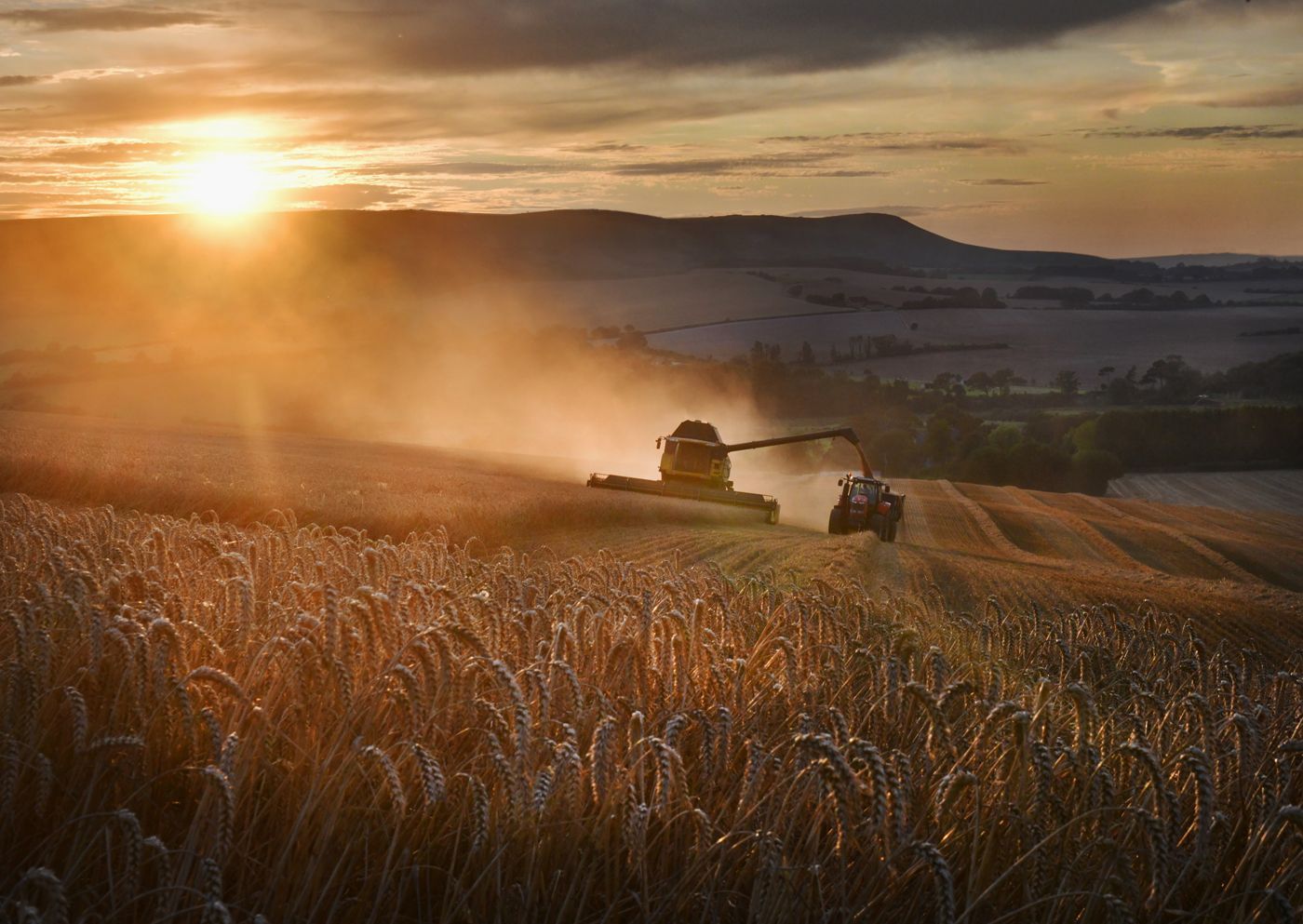1MG FlippingBooks
AI for a Prosperous Future: How AI Assessment of Quality Can Empower Australian Farmers
Quality Assessment by Artificial Intelligence will bring a new level of trust, traceability and transparency to Australian agriculture – here’s how.

AI has the potential to revolutionise grain assessment and trading through unprecedented accuracy and efficiency. The Australian Grain Industry is aware of this as key industry bodies, like GRDC and GTA, have recently sought proposals to help navigate the AI-driven landscape.
Following many expensive attempts to develop imaging and generative AI between 2000 and 2014, new machine learning algorithms have finally broken down technology barriers for Australian grain corporations. While these attempts were designed for buyers, a new breed of smartphone-powered AI Assessment solution is now emerging, shifting the paradigm of assessment from machine-centric to farmer-centric solutions for buyers. This opens up entirely new possibilities that go well beyond quality assessment.
Farmers want to get the best price for what they produce. They want to know who to sell to and whether they should store or sell now, but all these decisions depend on the harvest quality. If quality could be assessed reliably at harvest, farmers would be in a powerful position to maximise its value. AI and blockchain technologies will soon be woven into the process to create seamless quality assessment records, making agricultural products into tradable digital assets. New forms of digital platforms will manage trade entirely electronically, in the same way that stock trading operates today. Whilst it will take some time to eventuate, there are some real benefits that farmers will soon enjoy.
For farmers, AI Assessment will first be used to adjust machine settings, assess downgrade risks (the biggest initial benefit), and make cleaning decisions. The technology will then be adapted for the purpose of storing, selling and making blending decisions from a position of complete control.
The next obvious step for farmers would be to install AI assessment devices on harvesting machines. This is already happening with protein measurements where harvesting machines are being attached with protein measurement devices - allowing farmers to create protein maps of their paddocks. This map is then used for variable rate fertiliser application. The same can be done for herbicide applications based on the detection of weed seeds. Machine-mounted AI Assessment technologies will certainly help reduce input costs. Such devices can also be attached to belts or augers that fill trucks, making it possible to assess the quality of the entire load with much better precision than current sampling methods.
Subjectivity opens the doors for malpractice. AI is fundamentally objective, it will help create more reliable and verifiable quality metrics. With these tools, hard-working Australian farmers will be even better equipped to make the most of this new era.
Once AI Assessment enjoys wider acceptance from buyers, the playing field will level and more exciting possibilities will emerge. Whilst it is difficult to speculate as to what this playing field will look like, we can be certain that farmers and trading companies relying on AI assessments will gain a significant competitive advantage through risk reduction and quality assurance – and several countries are already making moves in the right direction. Argentina, for example, has pioneered the establishment of AI standards for the assessment of barley variety, while the Indian government – one of the world’s largest grain buyers – is actively supporting startups developing AI Assessment technologies.
The hard-earned global recognition of the quality of Australian agricultural produce has been the result of dedicated efforts to set and follow industry-wide quality standards. Under the new quality assessment religion, AI will sit at the altar, blessing those who recognize its powers with credibility that begets global demand.
Dr. Sivam Krish is a Generative AI Expert and the CEO of GoMicro, a company offering AI-powered quality assessment solutions for grain and fresh produce.
















